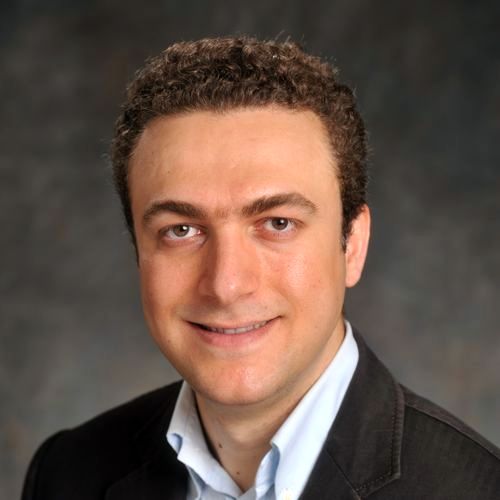About This Webinar

Ozcan provides an overview of his recent work on using deep neural networks in advancing computational microscopy and sensing systems. He also covers the systems' biomedical applications, including virtual staining of label-free tissue. Ozcan discusses diffractive optical networks designed by deep learning to all-optically implement various complex functions as the input light diffracts through spatially-engineered surfaces. These diffractive processors designed by deep learning have various applications — for example, all-optical image analysis, feature detection, object classification, computational imaging, and seeing through diffusers, also enabling task-specific camera designs and new optical components such as spatial, spectral, and temporal beam shaping and spatially -controlled wavelength division multiplexing. These deep learning-designed diffractive systems can broadly affect all-optical statistical inference engines, computational camera and microscope designs, and inverse design of optical systems that are task-specific. Ozcan provides examples of each group, enabling transformative capabilities for various applications of interest in, for example, autonomous systems, defense/security, and telecommunications, as well as biomedical imaging and sensing.
***This presentation premiered during the 2022
BioPhotonics Conference. For more information on Photonics Media conferences, visit
events.photonics.com.
About the presenter

Aydogan Ozcan, Ph.D., is the Chancellor’s Professor and the Volgenau Chair for Engineering Innovation at UCLA and an HHMI Professor with the Howard Hughes Medical Institute, leading the Bio- and Nano-Photonics Laboratory at the UCLA School of Engineering. He and is also the associate director of the California NanoSystems Institute. He is an elected fellow of the National Academy of Inventors (NAI) and holds more than 50 issued/granted patents. Ozcan is also the author of one book and the co-author of more than 800 peer-reviewed publications in major scientific journals and conferences. He is the founder and a member of the board of directors of Lucendi Inc., Hana Diagnostics, Pictor Labs, as well as Cellmic LLC (formerly Holomic), which was named a Technology Pioneer by the World Economic Forum in 2015.
Ozcan is also a fellow of the American Association for the Advancement of Science (AAAS), SPIE, the international society for optics and photonics (SPIE), Optica, the American Institute for Medical and Biological Engineering (AIMBE), the Institute of Electrical and Electronics Engineers (IEEE), the Royal Society of Chemistry (RSC), the American Physical Society (APS) and the Guggenheim Foundation. He has received major awards, including the Presidential Early Career Award for Scientists and Engineers, the International Commission for Optics (ICO) Prize, Optica’s Joseph Fraunhofer Award & Robert M. Burley Prize, SPIE’s Biophotonics Technology Innovator Award, Rahmi M. Koc Science Medal, and Early Career Achievement Award, the Army Young Investigator Award, the NSF CAREER Award, the NIH Director’s New Innovator Award, the Navy Young Investigator Award, the IEEE Photonics Society Young Investigator Award and the IEEE Distinguished Lecturer Award; the National Geographic Emerging Explorer Award, the National Academy of Engineering The Grainger Foundation Frontiers of Engineering Award; and MIT’s TR35 Award for his seminal contributions to computational imaging, sensing, and diagnostics. Ozcan is also listed as a Highly Cited Researcher by Web of Science, Clarivate.